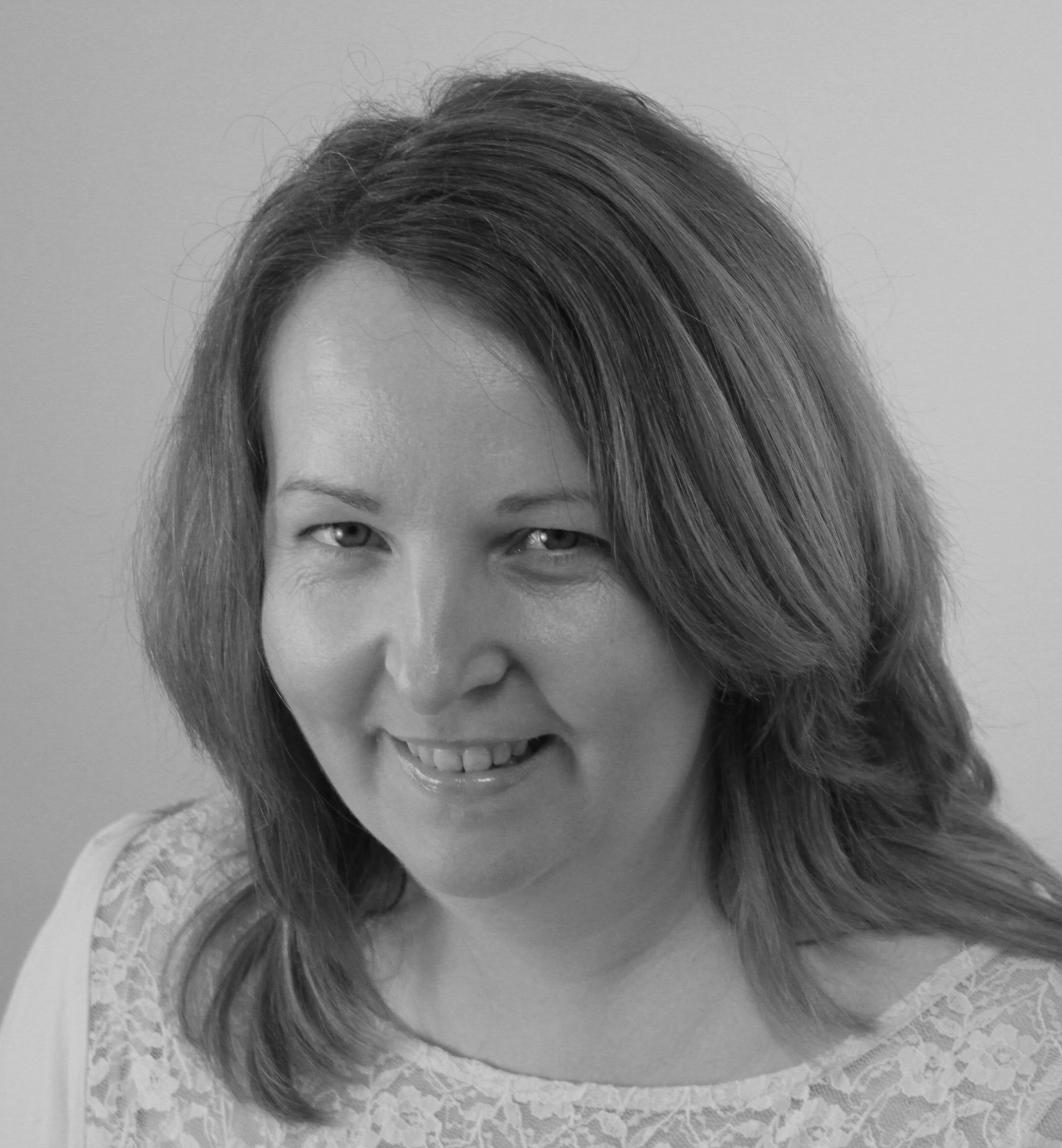 In this post, Dr Celeste McLaughlin explores how she and colleagues designed a group assessment in the Designing Curriculum and Learning Environments course on the Postgraduate Certificate in Academic Practice programme. Celeste is Head of Academic Development for Digital Education in the Institute for Academic Development. This post is part of the Group Work series.
In this post, Dr Celeste McLaughlin explores how she and colleagues designed a group assessment in the Designing Curriculum and Learning Environments course on the Postgraduate Certificate in Academic Practice programme. Celeste is Head of Academic Development for Digital Education in the Institute for Academic Development. This post is part of the Group Work series.
Collaborative working is a skill our students are expected to develop during their studies and forms part of the University of Edinburgh’s Skills for Success framework:
“Collaboration: understanding and respecting the needs, perspectives and actions of others; fostering cooperation and managing conflict in groups; able to connect with and learn from others and build positive relationships.”
(Skills for Success Framework)
Embedding group work activities is one way we can design courses to help our students develop their understanding of collaboration.
The DCLE course
The Designing Curriculum and Learning Environments (DCLE) course is a 20-credit course on the Postgraduate Certificate in Academic Practice (PgCAP) programme. Students on the course are colleagues and fellow educators, so I refer to them as participants during the DCLE course. Collaborating with others to enhance practice is a dimension of the Professional Standard Framework which underpins the professional accreditation element of the PgCAP programme so this was an important consideration when developing the DCLE course.
During the course design process, we (the course team) wanted to include an assessment which was designed to be authentic. An authentic assessment should be relevant and have practical value, there should be cognitive challenges such as application, problem-solving or decision making, and the assessment should enable students to develop their evaluative judgement (Villarroel et al, 2017).
The DCLE assessment is designed to mirror components of the course design process such as completing required paperwork (a course design proposal). As we move towards more programmatic assessments, participants are more likely to be collaborating with colleagues as they design courses so a group element to the assessment added to the authenticity.
The group assessment
Participants are introduced to their group at the beginning of the course and are encouraged to discuss and agree a set of group ground rules. This helps the group take ownership of the process and build a sense of community. Groups comprise of a mix of disciplinary expertise to encourage the sharing of different perspectives and to provide opportunities for interdisciplinary working.
The group are expected to complete the following group activities during the 10-week taught component of the course:
- Develop a course design proposal by completing a subset of course creation paperwork.
- Provide a rationale for the course design and submit this in a multimodal format such as a podcast or video.
- Create a Creative Commons licensed resource comprising of around 10 minutes of student effort.
There is a final individual component of the assessment where participants are encouraged to reflect on their learning throughout the course including the group components. This is submitted a few weeks after the course ends to offer participants some time to consolidate their learning.
Given the DCLE course is about curriculum design, I felt it was important to share the rationale behind the assessment design with participants. The assessment and marking criteria are also shared to provide some guidance about what is expected. These are shared in advance and are referred to during appropriate points of the course. The intention is to provide timely assessment information and to signpost this during the course. The assessment is a Pass or Not yet pass so the group component is not graded, and this helps address a common student concern that group work is unfair.
Participant feedback and planned changes
Feedback indicates the group component was a valuable learning experience for DCLE course participants. A summary of feedback received about the group process can be found below:
- Group work was a valuable learning experience.
- Learning from peers has been beneficial.
- Participants valued hearing different perspectives which helped fill gaps and broaden horizons.
- Participants valued the authentic nature of the assessment.
- Being a student provided insights into the highs and lows of collaborative assessments.
- Group work was a challenging process due to the conflicting demands course participants had to juggle. The submission deadlines contributed to these demands.
The majority of participants are combining busy roles as academics whilst studying part-time and this does have implications for the group activities. The deadlines were difficult for many, and the collaborative nature put additional pressure on participants.
Planned changes:
- Work is already underway to simplify the assessment and review the submission dates.
- I plan to offer further opportunities to discuss the assessment by introducing some additional (optional) live sessions. This will also provide participants with allocated times for collaborating on the group work activities during the course.
- The group work component will be signposted earlier in the programme. The dates of live sessions will also be shared in advance to help participants plan their workload.
There is an expectation of 200 hours of study during the 20-credit course and whilst the course is designed to be flexible, participants need to find dedicated time to engage in the course alongside their work and other commitments and this can be challenging.
Despite the challenges identified by participants, the group components of the DCLE course are an integral part of the course. The quality of group submissions and the comments shared in the individual reflections indicate that participants value the group assessments.
The 2025 DCLE course team:
Celeste McLaughlin and Vel McCune (course co-leads)
Victoria Tait and Aaron Allen (course tutors)
Tracey Madden (Universal Design for Learning live session lead)
References
Villarroel, V., Bloxham, S., Bruna, D., Bruna, C., & Herrera-Seda, C. (2017). Authentic assessment: Creating a blueprint for course design. Assessment & Evaluation in Higher Education, 43(5), 840–854. https://doi.org/10.1080/02602938.2017.1412396.
What is the Skills for Success Framework? The University of Edinburgh. https://graduate-attributes.ed.ac.uk/what-is-the-skills-for-success-framework. (Published 2nd June 2025).
 Celeste McLaughlin
Celeste McLaughlin
Celeste McLaughlin is based in the Institute for Academic Development where she contributes to the CPD Framework for Learning and Teaching. She is course lead for the Designing Curricula and Learning Environments course and has been teaching in tertiary education for 25 years. She is interested in curriculum design, in particular the flexible and inclusive educational opportunities offered by various modes of learning. Her research interests include exploring postdigital teaching and learning environments and she has recently completed a part-time PhD on the topic of hybrid teaching.


